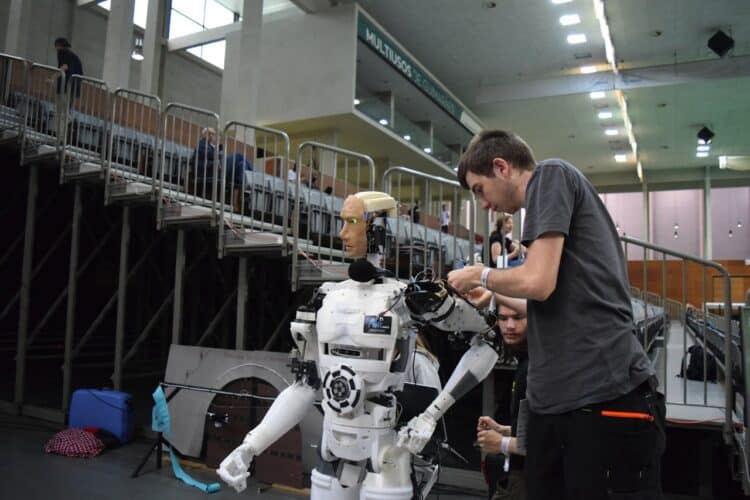As Singaporean organisations accelerate their investments in artificial intelligence (AI), they grapple with a significant skills gap that threatens to stymie their growth. The Autodesk report, "2025 State of Design & Make," reveals that 72% of business leaders identify AI as their foremost investment priority. Yet, over 60% report that a lack of skilled talent is a critical barrier to their expansion.

"Our research tells us that over 80% of business leaders in Singapore feel the global landscape is more unpredictable than ever. Cost control and management are now top priorities, likely due to rising business costs. These economic pressures are pushing businesses to eliminate inefficiencies, making digital-led growth through technologies like AI a necessity," said Haresh Khoobchandani, VP, APAC & Japan, Autodesk.
Despite the challenging economic landscape, characterised by geopolitical uncertainties, Singapore's leaders remain optimistic about AI's potential. 74% believe that AI will enhance their respective industries, surpassing the Asia Pacific (APAC) average of 68%. The sentiment is clear: AI is viewed not only as a tool for efficiency but also as a catalyst for creativity and informed decision-making.
However, this enthusiasm is tempered by the stark reality of a talent crunch. Approximately 32% of leaders cite attracting and retaining skilled employees as one of their top challenges, while a staggering 62% acknowledge that the lack of access to qualified talent hampers their growth trajectories. The urgency to develop a workforce capable of leveraging AI technologies has never been clearer.
In response, many organisations are prioritising skills related to AI and data analytics in their hiring strategies. About 47% of leaders emphasise the need for AI competencies, and 39% are focusing on data-related skills. Yet, only 43% of respondents feel they are nearing their AI implementation goals. This gap indicates that while organisations recognise the importance of AI, they often struggle with practical execution.
Efforts to upskill the workforce are underway, with 71% of leaders implementing training programmes. Nonetheless, more than half report insufficient resources for designing effective internal training, and 61% believe external training options do not meet their organisation's needs. This mismatch highlights a pressing need for collaboration between businesses and educational institutions to ensure curricula are aligned with industry demands.
Moreover, as sustainability becomes integral to business strategies, AI is being leveraged to meet these goals. 48% of Singaporean leaders utilise AI for sustainability initiatives, reflecting a broader trend towards environmentally responsible practices.
As HR leaders in Singapore navigate this complex landscape, the call to action is clear: bridge the skills gap through strategic partnerships and innovative training solutions. By doing so, organisations can not only enhance their AI capabilities but also secure a competitive edge in an increasingly digital economy. The path forward demands a collective effort to transform potential into reality, ensuring that Singapore's workforce is equipped to thrive in the age of AI.
"AI is packed with potential. Beyond generating innovative ideas, it can also take on more complex tasks, offering a major opportunity for Design and Make leaders to continue growing in today's competitive landscape,” said Khoobchandani.
“The most successful businesses will be those able to close the skills gap. Beyond using their own resources, this means leveraging available government initiatives like SkillsFuture and the Enterprise Compute Initiative in addition to working with private-sector experts. This holistic approach will be key to help businesses move beyond the AI hype and start delivering real results." Haresh Khoobchandani



